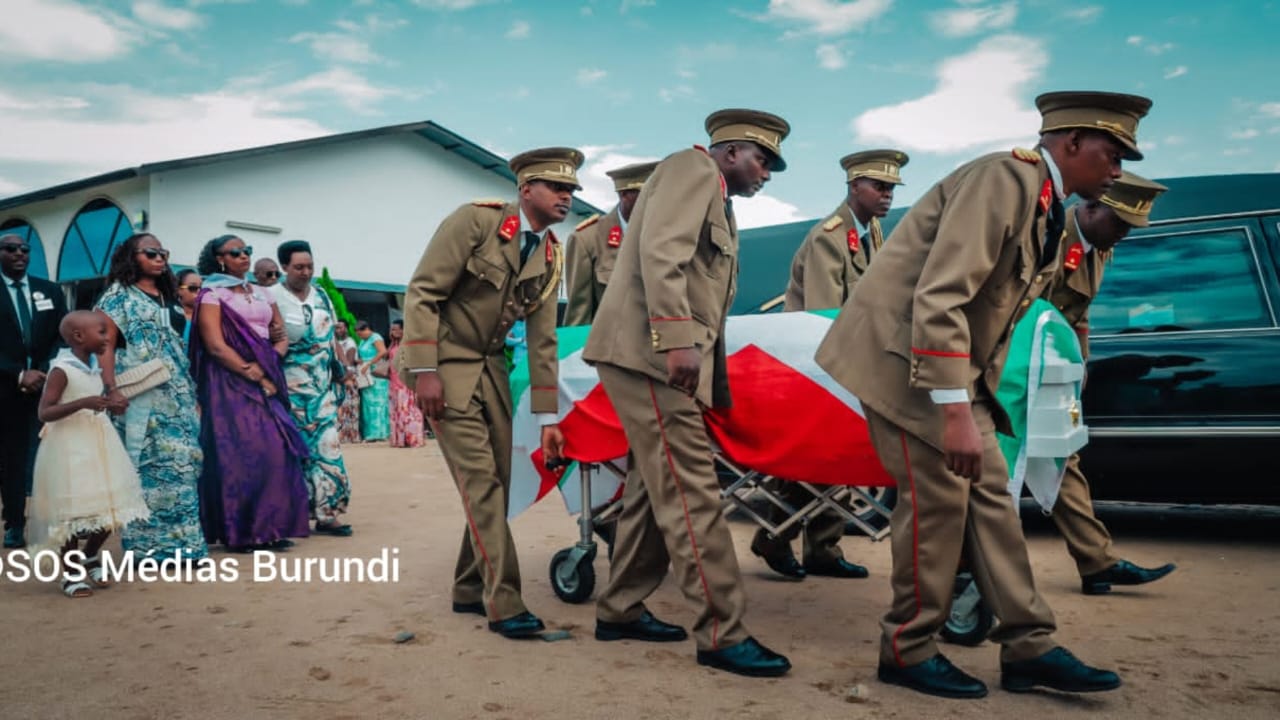Rumonge: launch of the appeal trial of the 272 Burundian soldiers who refused to fight alongside FARDC

This Tuesday will open in Rumonge (southwest of Burundi), the appeal trial of 272 Burundian soldiers who denied to go and fight alongside the FARDC (Armed Forces of the Democratic Republic of Congo) against the M23 in North Kivu in eastern Congo. Some of them are assisted by lawyers. INFO SOS Médias Burundi
The 272 elements of the FDNB (National Defense Force of Burundi) are detained in three prisons: the prisons of Ruyigi (east), Bururi and Rumonge (southwest). According to sources close to this case, the first prisoners detained outside Rumonge began arriving at Murembwe prison in Rumonge on November 2. The second-degree military court will conduct the hearing of them.
According to our sources, the 272 soldiers have appealed the first judge’s decision in its entirety.
Some prisoners are assisted by lawyers, SOS Médias Burundi learned this Sunday. https://www.sosmediasburundi.org/2024/07/02/burundi-why-do-burundian-authorities-want-to-keep-secret-information-on-military-affected-in-rdc/
In North Kivu province, Burundian soldiers are collaborating with the Congolese army and local militias supported by Congolese authorities in the war against the M23. Since October 2023, many Burundian soldiers have been killed, captured by the rebels in this part of the vast Central African country.
The Burundian troops are deployed there as part of a bilateral partnership between the Burundian and Congolese governments.
The M23 is a former Tutsi rebellion that took up arms again at the end of 2021, accusing the Congolese authorities of not having respected their commitments on the reintegration of its fighters. Congolese authorities remain convinced that it benefits from Rwandan support, which the Rwandan government has repeatedly dismissed, accusing Congolese leaders of supporting the genocidal Hutu FDLR (Democratic Forces for the Liberation of Rwanda) based in eastern Congo for three decades. Congolese President Félix Tshisekedi has often called the FDLR « a residual force reduced to banditry that no longer represents any danger to Rwanda. »

